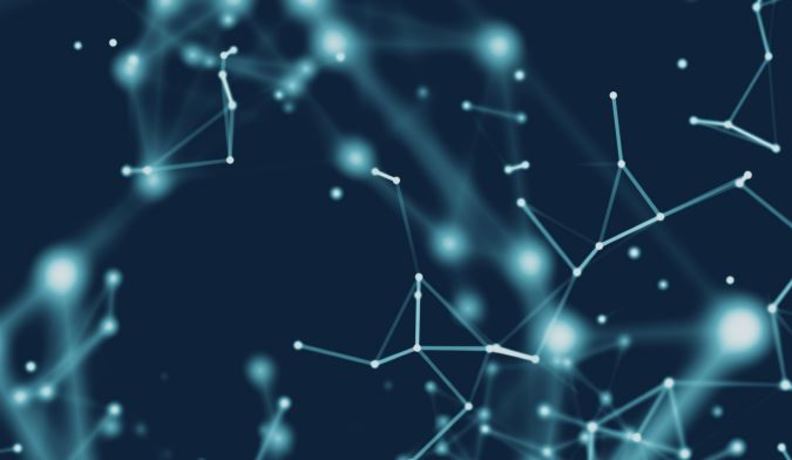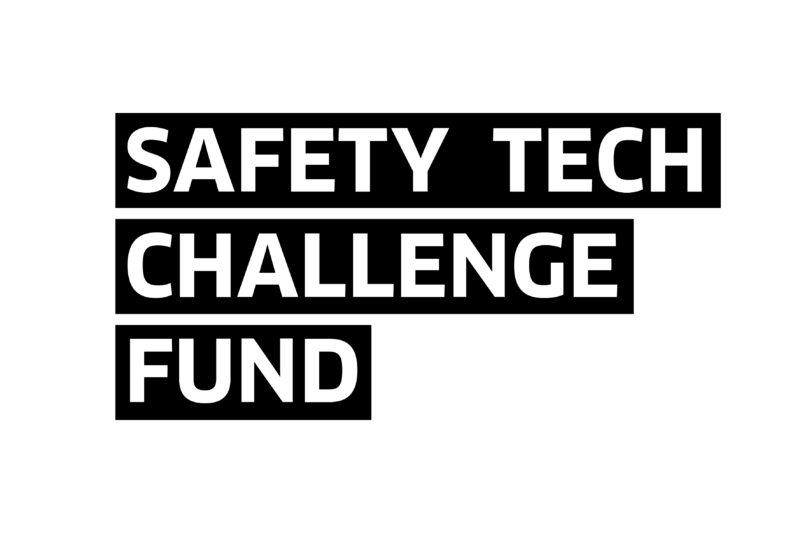The U.S-Paris Tech Challenge: Hear from the winners
The Safety Tech Innovation Network spoke with the winners of the U.S-Paris Tech Challenge to hear more about their innovative projects that combat disinformation and propaganda.
Last September, the winners of the U.S-Paris Tech Challenge were announced. Receiving funding to develop technology to identify, expose and counter disinformation and propaganda across Europe, the three successful winners were:
- The Global Disinformation Index
- The Institute of Strategic Dialogue and CASM Technology
- The InVID-WeVerify open source verification plugin
The Safety Tech Innovation Network spoke with each of the recipients to find out more about their pioneering projects.
The Global Disinformation Index
The Global Disinformation Index is increasing its global reach so that it can continue to provide risk ratings for news sites across the world, sharing an unbiased gold-standard to assessing disinformation risks. The Index offers scalable solutions to identify antagonistic narrative topics and high-risk domains for platforms.
The Global Disinformation Index (GDI), is a not-for-profit founded out of parallel efforts in the United States and United Kingdom in recognition of the technology industry’s need for neutral, independent disinformation risk ratings of open web content. Since March 2020, the organisation has partnered with a dozen technology and advertising platforms that use the Index’s data to keep inventories free of disinformation. The team shared what they hope to achieve through winning the Challenge: “Right now, the Global Disinformation Index’s media market risk ratings have been primarily focused on English language content, mostly produced out of North America. In order for us to reach our full impact potential, we must expand to the rest of the globe. That is what the U.S – Paris Tech Challenge is helping us achieve. We will be able to develop our technology platform so it can recognise and flag adversarial narratives in Chinese, Japanese and Korean. Additionally, GDI’s classifiers will be trained on local and culturally relevant adversarial narratives and linguistic nuances in those three countries. This work is pivotal to disrupting the financial incentives of disinformation actors, and we can substantially stem the incentives to create online disinformation.”
The Institute of Strategic Dialogue (ISD) and CASM Technology
Beam is a meta-project that uses tech to detect, track & measure online manipulation, disinformation, and harassment. The technology plugs into a variety of platforms – including Facebook and YouTube – and is available in a number of languages. Most recently, the team used Beam to create regular reports for over 300 electoral integrity organisations during the US Presidential elections.
The ISD is an independent non-profit organisation dedicated to safeguarding human rights and reversing the rising tide of polarisation, extremism and disinformation worldwide. CASM Technology formed 10 years ago and unites two different backgrounds: those from UK think tanks providing public sector research, and technologists with interests in machine learning and natural language processing.
The team shared their objectives for the project: “The big picture here is that civic society, governments and journalists need a version of the defensive apparatuses that have been built by the tech giants to defend their platforms. But it needs to be transparent, focussed on responding to human and social harm, and plugged into a whole array of different responses and responders, from the law to activists. That’s what we’re trying to build with Beam. We want Beam to be a force multiplier for civic society organisations, governments and journalists around the world, to expose and investigate a whole tradecraft of illicit influence, covering disinformation, influence operations, hate, harmful conspiracy theories, harassment and violent radicalism.”
The InVid-WeVerify Verification Plugin
It’s an open source browser plugin and content verification tool, which has been dubbed the “Swiss Army Knife” for verification, and has been helping over 50,000 journalists, fact-checkers and human rights defenders around the world track the spread of disinformation across languages, networks, memes, images and videos.
The plugin is developed by a consortium of four organisations (AFP, CERTH, USFD, OntoText) which are working closely together on the research, design, implementation, testing and maintenance of the multi-modal content verification tool. To help guide users, the team has recently added a new verification assistant.
Discussing how the award will help the team in the future, they said: “The award will support the further development of the plugin’s most requested new features: a deepfake detector; enhancements to the social network analysis support towards new platforms such as Telegram; localisation and translation of the plugin interface to more languages; implementation of further multilingual text analysis tools in the verification assistant; and enrichment and widening of its database of known fakes, which is used for automatically flagging already debunked false content to the users.”
Collaborating organisations sponsoring the U.S Paris Tech Challenge include: US Department of State’s Global Engagement Center (GEC), in collaboration with U.S. Embassy Paris, the Atlantic Council’s Digital Forensic Research Lab (DFRLab), the North Atlantic Treaty Organization (NATO), the UK Department for Digital, Culture, Media and Sport, the Office of the Tech Ambassador of Denmark, the Digital Communication Network, and Park Advisors and Disinfo Cloud.



